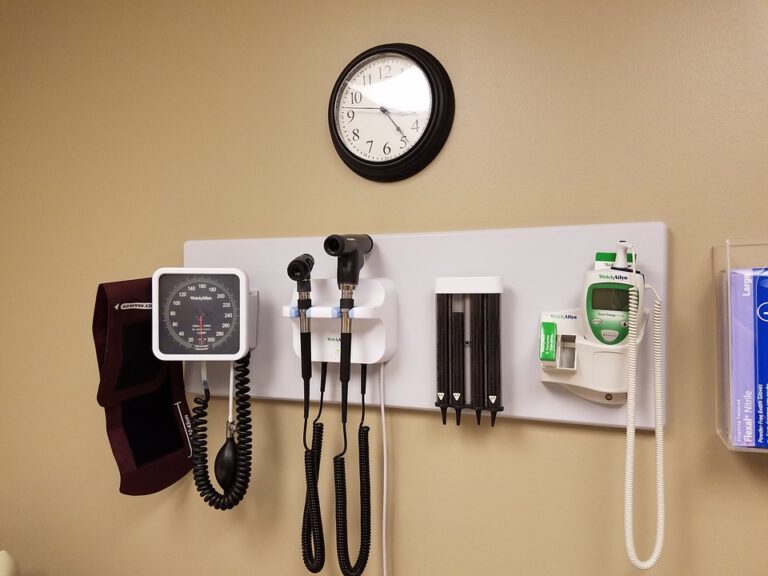Book Appointment Now

Elderly Care Challenges and Strategies to Overcome Them
Elderly Care Challenges and Strategies to Overcome Them
As the aging population continues to grow, the need for comprehensive elderly care has never been more crucial. However, providing quality care for the elderly comes with numerous elderly care challenges that caregivers and healthcare providers must address. In this article, we will explore the key challenges in elderly caregiving and propose effective geriatric care strategies to overcome them.
Do you need nursing paper writing help about challenges in geriatric caregiving and strategies to overcome them? ![]()
Understanding Elderly Care Challenges
Physical and Health-Related Challenges
One of the primary elderly care challenges is managing the complex health issues that often accompany aging. Chronic conditions, such as arthritis, diabetes, and heart disease, require continuous monitoring and treatment. Additionally, the elderly are more susceptible to falls and injuries, which can further complicate their health status.
Emotional and Psychological Challenges
Another significant challenge in elderly care is addressing the emotional and psychological needs of seniors. Loneliness, depression, and anxiety are common among the elderly, particularly those living alone or in long-term care facilities. These emotional issues can severely impact their overall well-being, making it essential for caregivers to provide not only physical but also emotional support. Read also: Psychosocial Crises Of Later Adulthood And Elderhood
Financial Challenges
Caring for the elderly can be financially demanding, especially when long-term care or specialized medical attention is required. Many families struggle with the costs associated with senior care, from medical bills to home modifications needed for a safer living environment. The financial burden can be overwhelming, leading to difficult decisions about the level of care that can be provided.
Strategies to Overcome Elderly Care Challenges
Implementing Preventive Healthcare
To address the physical and health-related challenges, it is essential to focus on preventive healthcare. Regular health check-ups, vaccinations, and screenings can help detect and manage chronic conditions early, reducing the risk of complications. Encouraging a healthy lifestyle, including a balanced diet and regular exercise, can also play a significant role in maintaining the well-being of the elderly.
Providing Emotional Support and Social Engagement
To overcome the emotional and psychological challenges, caregivers should prioritize emotional support and encourage social engagement. Regular communication with family members, participation in social activities, and access to mental health resources can help alleviate feelings of loneliness and depression. Additionally, creating a supportive and compassionate environment can enhance the emotional well-being of seniors.
Exploring Financial Assistance and Planning
Financial challenges in elderly care can be mitigated by exploring various financial assistance options and planning. Government programs, such as Medicaid and Medicare, can provide financial relief for medical expenses. Additionally, long-term care insurance and other financial planning tools can help families prepare for the costs associated with senior care.
Elderly care is a complex and multifaceted responsibility that presents numerous challenges in elderly caregiving. However, by implementing effective geriatric care strategies, caregivers and healthcare providers can overcome these obstacles and provide the quality care that our seniors deserve. Through preventive healthcare, emotional support, and financial planning, we can ensure that the aging population receives the care and dignity they deserve in their golden years.
Read also:
- Geriatric care management reduces medicare losses
- Assessing and Planning Care for an Elderly assignment
- Elderly Law Discussion
- Geriatric Case Management Practices essay paper help







